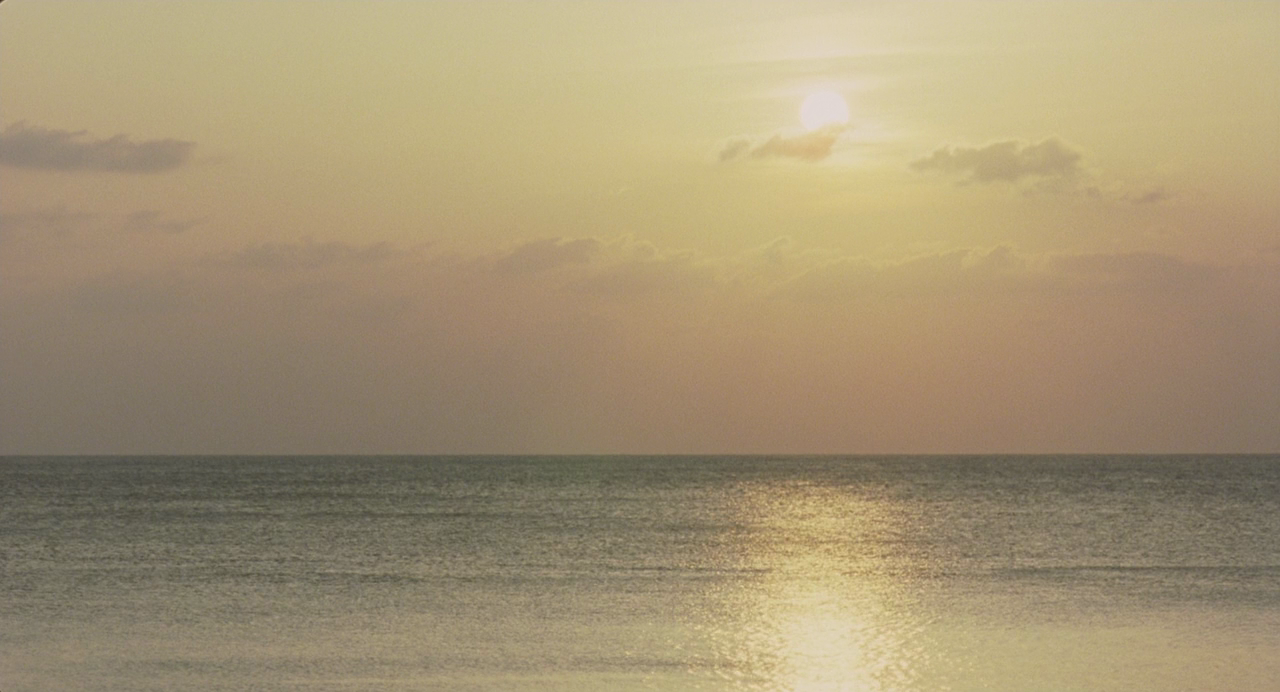Twilighting: Naoko Ogigami and the Art of Doing Nothing
Paper proposal
The films of the Japanese auteur Naoko Ogigami are a case study in lifestyle cinema, a popular genre of neoliberal capitalism that focuses on cosmopolitan consumption, transcultural encounters, and female identity. Within this framework, this paper recontextualizes Ogigami’s films in relation to recent philosophical work on boredom in global art cinema.
Drawing on Martin Heidegger’s influential defense of boredom, recent analyses have suggested that in seeking to kill time and thereby stave off boredom, contemporary global media thereby also suppress the space of reflection in which philosophical thought itself begins. By contrast, the works of Michelangelo Antonioni or today’s slow cinema filmmakers, while “boring” in terms of the ideology of entertainment media, open up a space for philosophical reflection.
Ogigami’s films take this approach further by paradoxically transforming inactivity itself into a lifestyle. Her films are characterized by their refusal of melodramatic action and calm focus on everyday social relations. Her characters seem to spend much of their time just sitting around staring into space, a practice that in Megane (2007) is known as “twilighting”. In contrast to the hyperkinetic pace of contemporary global action cinemas, Ogigami’s characters transform doing nothing itself into an aesthetic practice, open up a space for her audience in which, as Heidegger argues, thought can begin.
